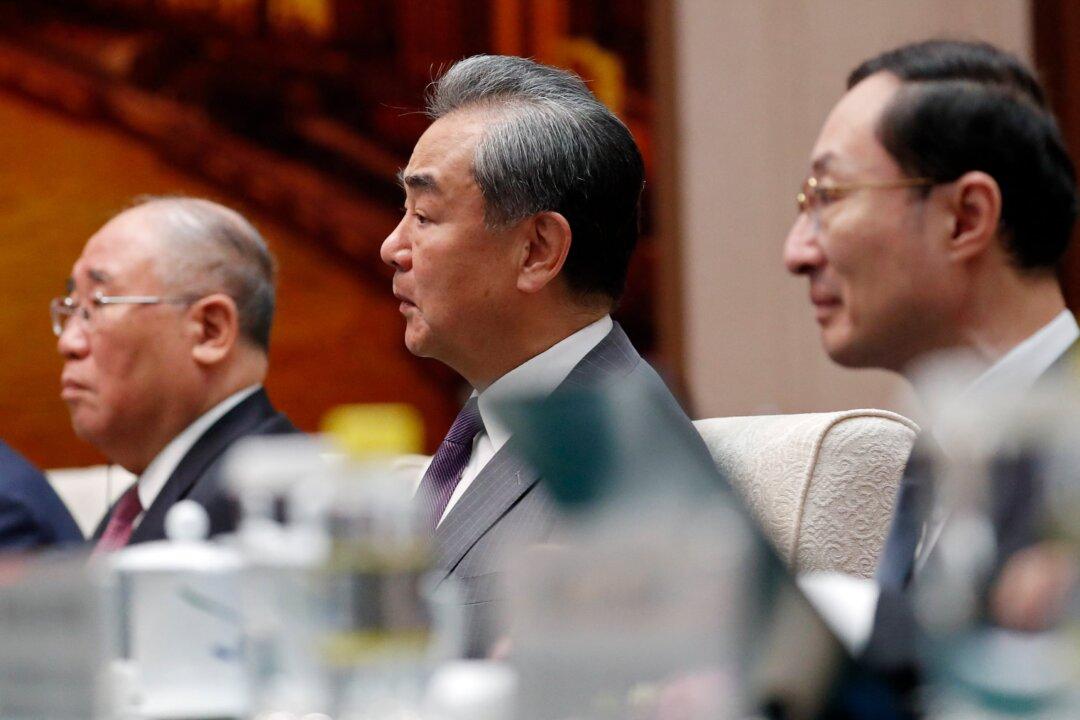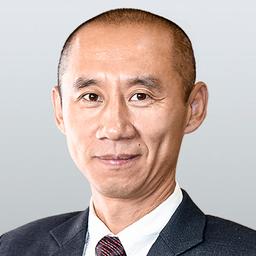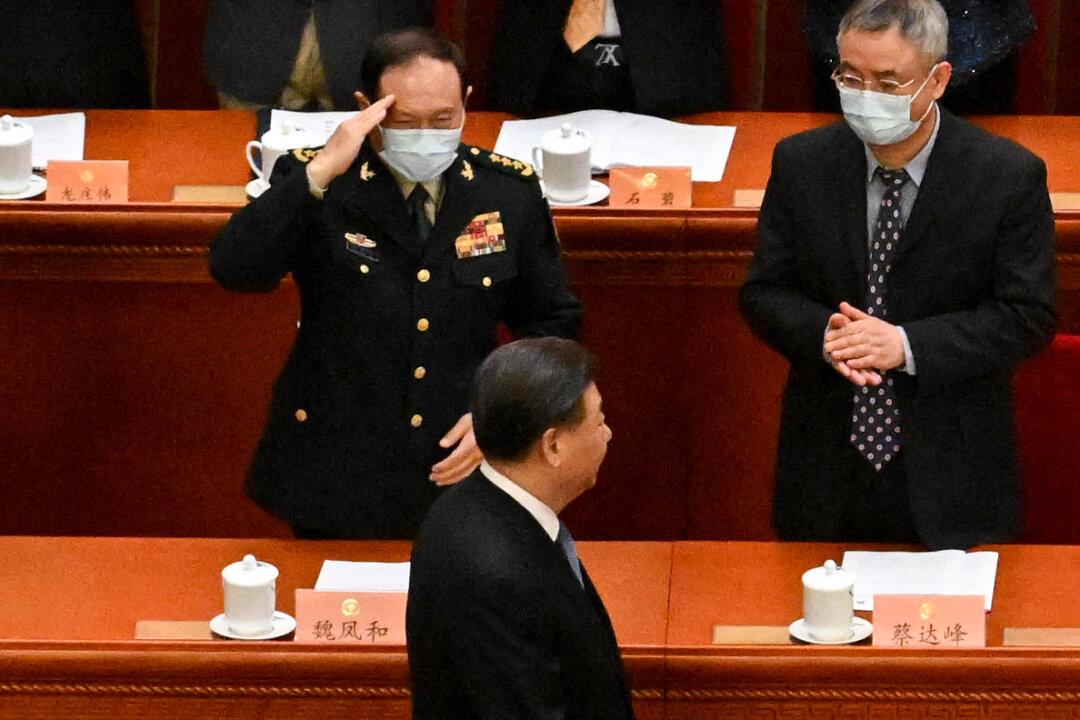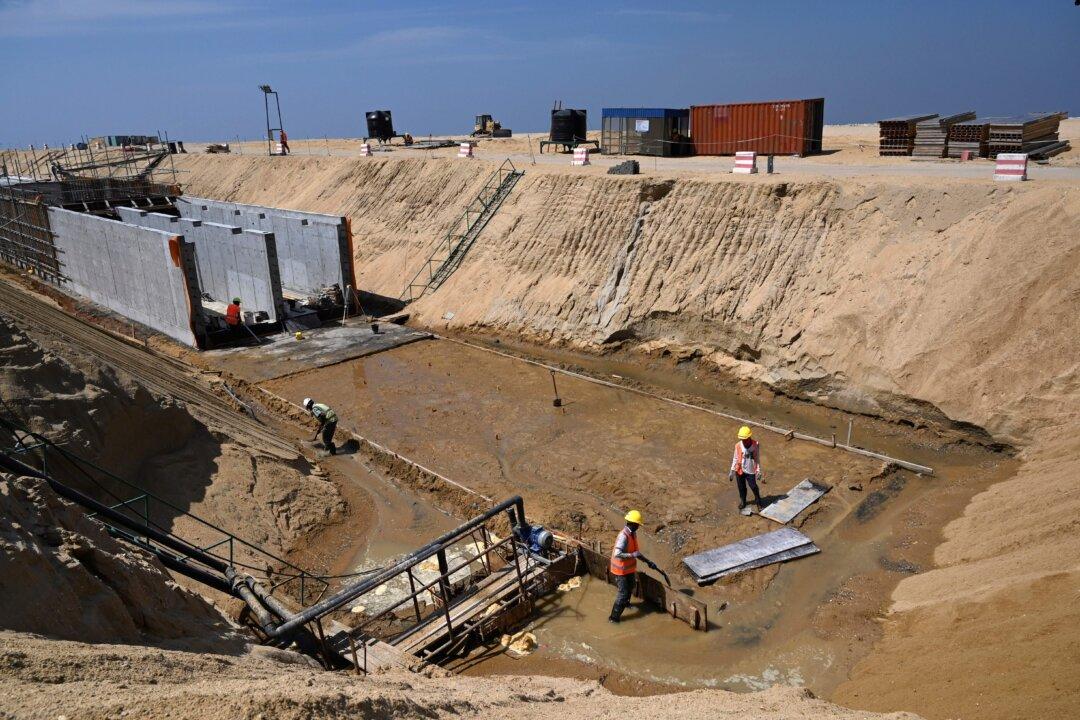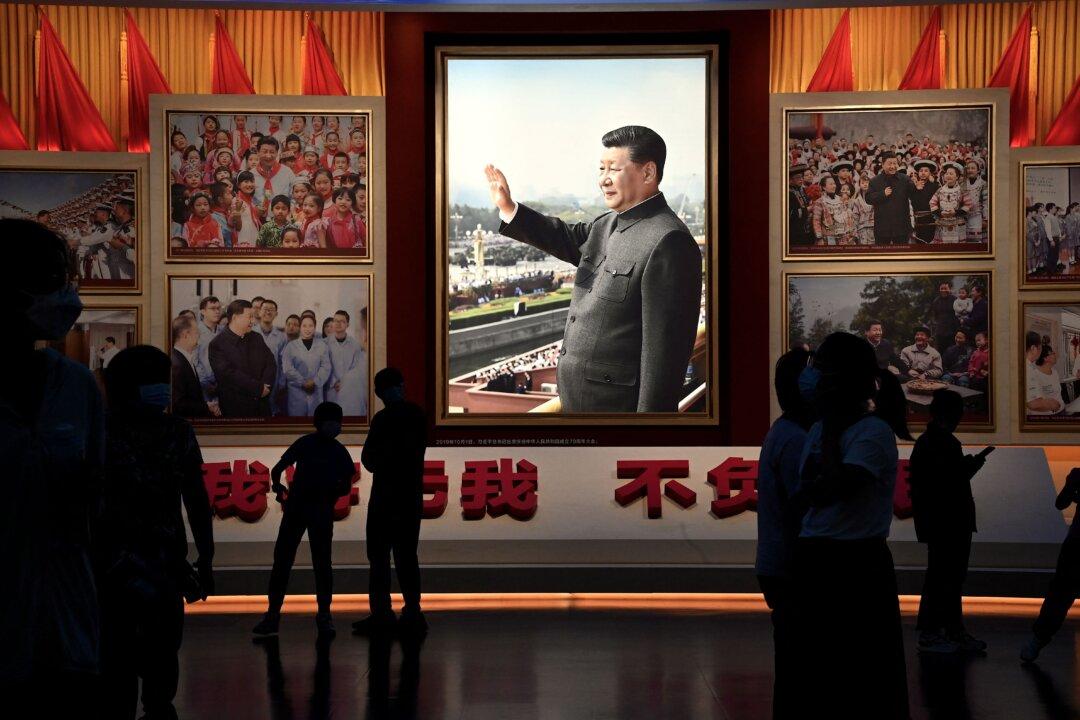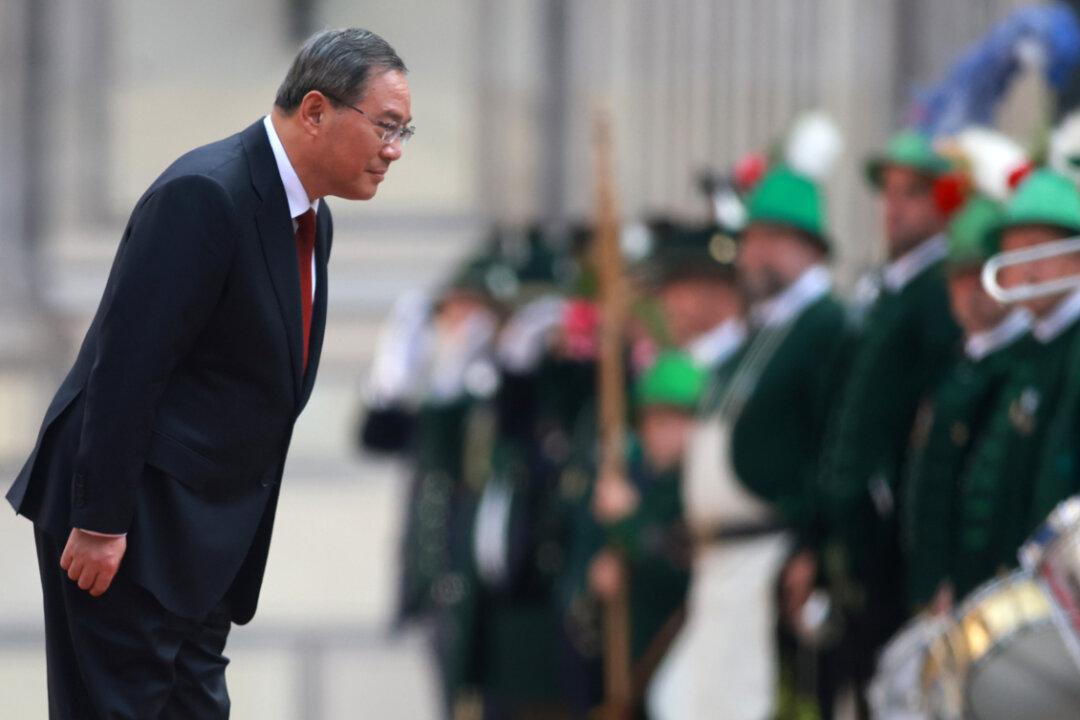Chinese leader Xi Jinping introduced a new foreign policy strategy in 2018 called the “great power diplomacy.” But after five years, Beijing’s diplomacy is in disarray, with the U.S.-China relationship and the Belt and Road Initiative in trouble, and power struggles within the Chinese Communist Party (CCP) brought further instability to the regime’s foreign policy, according to experts.
CCP’s ‘Great Power Diplomacy’ in Turmoil
The Chinese leader was absent from the recent G20 summit in New Delhi, India. Instead, Mr. Xi assigned Premier Li Qiang to attend the international summit in his place. Some political analysts suggest that Mr. Xi’s absence from this important event was due to the unstable domestic political situation.China observer Wang He told The Epoch Times on Sept. 13 that “Xi Jinping traveled abroad an average of 14 times a year before COVID-19 first broke out in China in late 2019. However, since Xi Jinping was ‘reelected’ earlier this year, the situation has reversed abruptly, and he doesn’t dare travel abroad unless it’s essential. In fact, his focus on domestic politics far exceeds his focus on diplomacy, which is an embarrassing political situation for him.”
